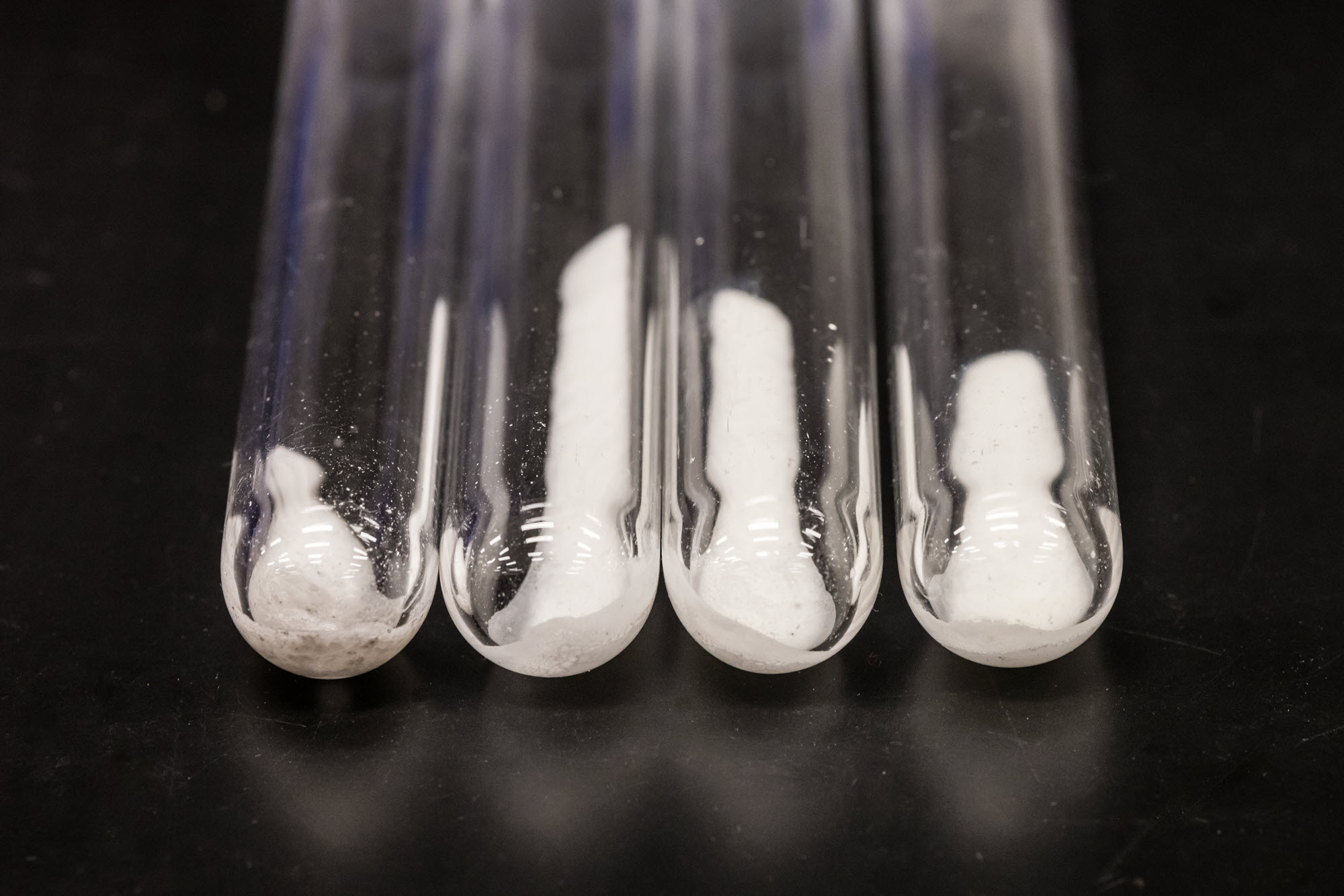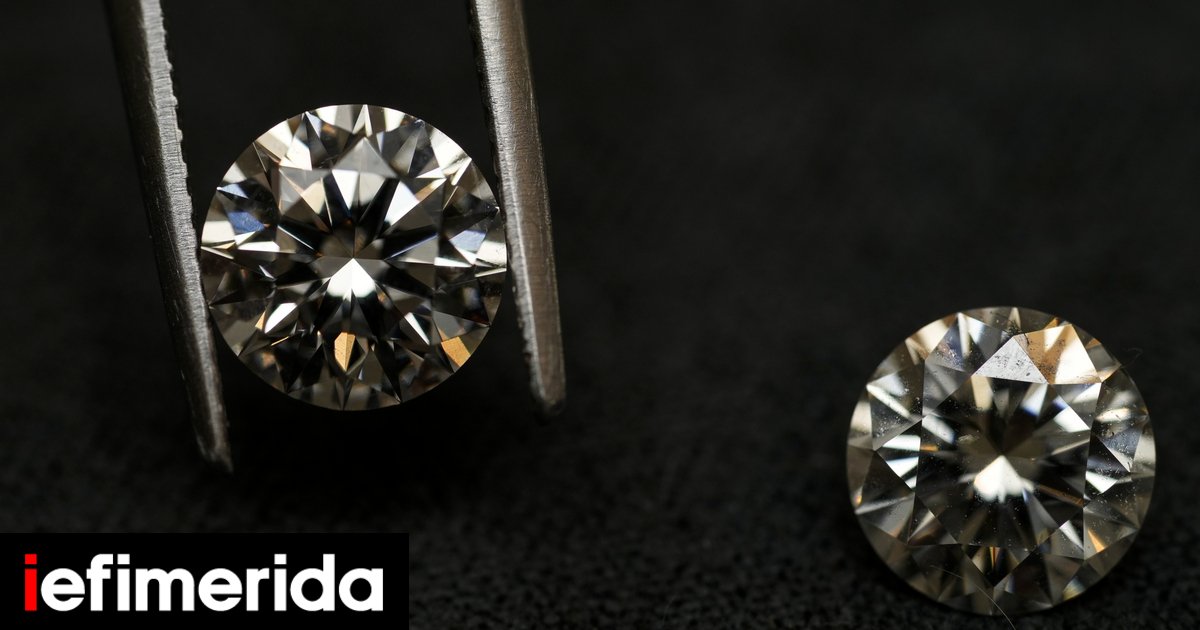
Samples of new solid electrolytes discovered by Microsoft AI and HPC tools. Solid-state electrolytes are safer than liquid electrolytes. Photography by Dan DeLong for Microsoft.
A completely new material that can reduce the use of lithium in batteries It was discovered with the help of artificial intelligence and supercomputers.
The discovery was made by Microsoft and the US Department of Energy's Pacific Northwest National Laboratory (PNNL).
Scientists say that matter It can reduce lithium use by up to 70%.
After its discovery, the new material was used to power a light bulb.
Microsoft researchers used artificial intelligence and supercomputers to screen 32 million potential inorganic materials to come up with 18 promising candidates in less than a week — a screening process that typically takes more than two decades to complete.
The entire process, from scratch to developing a working battery prototype, took a long time Less than nine months.
Jason Zander, Microsoft's executive vice president, told the BBC that one of the tech giant's missions was to “concise 250 years of scientific discovery in the next 25 years.”
“We believe this technology will help us do that,” he added.
The problem with lithium
Lithium is often referred to as “white gold” because of its market value and silvery color. They're one of the key components of the rechargeable batteries (lithium-ion batteries) that power everything from electric cars to smartphones.
As the need for the metal grows and demand for electric cars increases, the world could face a shortage of the material by 2025, according to the International Energy Agency.
Demand for lithium-ion batteries is also expected to grow as much as tenfold by 2030, according to the US Department of Energy, prompting continued construction of battery factories.
Besides, lithium mining is controversial because it requires a lot of effort and has a significant impact on the environment. Extracting the mineral requires large amounts of water and energy, and the process can leave significant scars on the landscape, as well as toxic waste.
This AI-derived material, currently called N2116, is a solid-state electrolyte that has been tested by scientists who transformed it from a raw material into a working prototype.
They have the potential to be an effective energy storage solution because solid-state batteries are safer than traditional liquid or gel lithium batteries.
How is this artificial intelligence different?
The way this technology works is by using a new type of artificial intelligence created by Microsoft, which is trained on molecular data that can actually understand chemistry.
“This artificial intelligence is based on materials, databases and scientific properties,” Mr. Zander explained.
“The data is too reliable for scientific use.”
After the program came up with 18 candidates, battery experts at PNNL reviewed them and selected the final material to work with in the lab.
PNNL's Karl Mueller said Microsoft's AI insights led them to “potentially fertile territory much faster” than under normal business conditions.
«[Μορούσαμε] To modify, test and fine-tune the chemical composition of this new material and quickly assess its technical viability for a working battery, demonstrating the potential of advanced artificial intelligence to accelerate the innovation cycle.
With information from BBC
The price of heating oil is set at 1.25 euros per liter: buying fuel is economical, says the head of gas stations in Attica
Follow Hellas Journal on Google News
Hellas Journal – Newsletter

“Total alcohol fanatic. Coffee junkie. Amateur twitter evangelist. Wannabe zombie enthusiast.”





More Stories
Diamonds created in less than 3 hours – an innovative process
Gerasimos Papadopoulos at Newsbomb.gr: How a lunar eclipse can cause an earthquake – Newsbomb – News
Ubisoft's free-to-play Call of Duty game has a release date